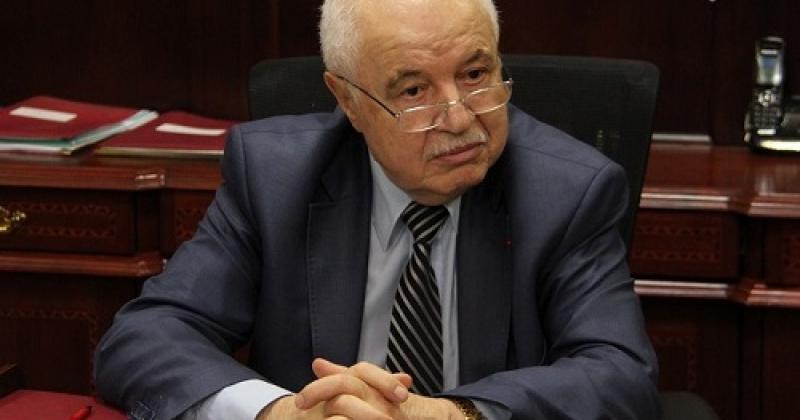Having served on many professional international standard setting boards at the U.N. and on global organizations including the International Federation of Accountants (IFAC), International Accounting Standards Committee, and IFAC’s Board, as Chair of the U.N. Committee on accounting and reporting Standards, on the panel of experts of the World Intellectual Property Organization at the UN, WTO’s Panel of Experts, Education Quality Councils, in addition to others, I ended up firmly convinced that professionalizing any trade is self-serving.
I clearly see, therefore, that Social Media Networks await an inevitable professional future that transforms them into an organized and disciplined profession; a future that makes them a very useful tool for sustainability and prosperity of companies operating through them. Unfortunately though, social media networks these days are not subject to any rules of governance and regulatory principles.
Social media networks’ rely essentially on knowledge and data; or rather, on the financial products of such knowledge, transforming those into the most valuable asset on our planet: more valuable than oil and gas. Today, ‘knowledge’ is an unbeatable superpower.
However, the necessary system needed to define social media accountability does not exist, simply out of lack of Professionalization. One reason that social media has not been subjected to professionalization is claim that professionalization will kill innovation. But, the truth is completely the exact opposite. Our current social conditions, that reflect the tragedy of controlled public opinion, will have to move towards true and creative innovation steps.
In a professionalized system, your choice is either to abide by existing standards, or stay outside the society.
Professionalization will stimulate rather than kill innovation. Professionalizing the field of social technology including technology companies would be a boon to innovation.
Don’t get me wrong: social media is indeed a wonderful tool, but only in the right hands. I mean in the hands of responsible and wise adults. And that’s what professionalization is about: establishing a profession worthy of respect, a profession that will grow, that we learn from, be effective and acknowledged.
What worries me about social media future that it does not take into consideration the human standards. Thus, we don’t find today any rules or ethical regulations capable of determining its social path. I hereby announce that it is time to lay the foundations for a more responsible, healthy, productive and comprehensive future for social media that can be reached through a gradual professionalization until talent is transformed into real careers with international standards and regulations; let alone the abuse of social media for unlawful smear of individuals and symbols.
Here comes the social media actors turn to protect themselves, their communities and the society at large, because any path they take will influence larger groups of people. Doctors and engineers have managed to lead the change through their personal journeys as they realized that they did not need to only protect people who pass under their surgical scalpel or cross a bridge built by an engineer, but they also needed to protect themselves –surgeons and engineers- from the steady demands of their continuous success.
It does not take much moral courage or genius to realize that seeing a doctor in 2019 is preferable to seeing a doctor in 1875 — and no one would take seriously an argument suggesting that progress since the 1870s is good reason to be satisfied with our current medical system. We need an immense effort to treat technology from within, as within health care, even after we professionalize.
Mark my words: Professionalization is coming. End users — and eventually tech workers themselves — will simply demand it. The sooner it comes, the sooner we’ll have a roadmap out of the ditch Silicon Valley has found itself in.
We have precedents and experts to learn from, including my profession in public accounting. Let’s keep this transformation going.
Towards this methodology, individuals and organizations who are the leaders and the shapers of social media, can make a difference. I hope they join me in this effort to ensure that social media works for humanity, not against it, by signing up at www.PivotForHumanity.com (Pivot for humanity dot com). And if you’re interested in taking an active role in this inevitable transformation, please talk to me about how you can help.
